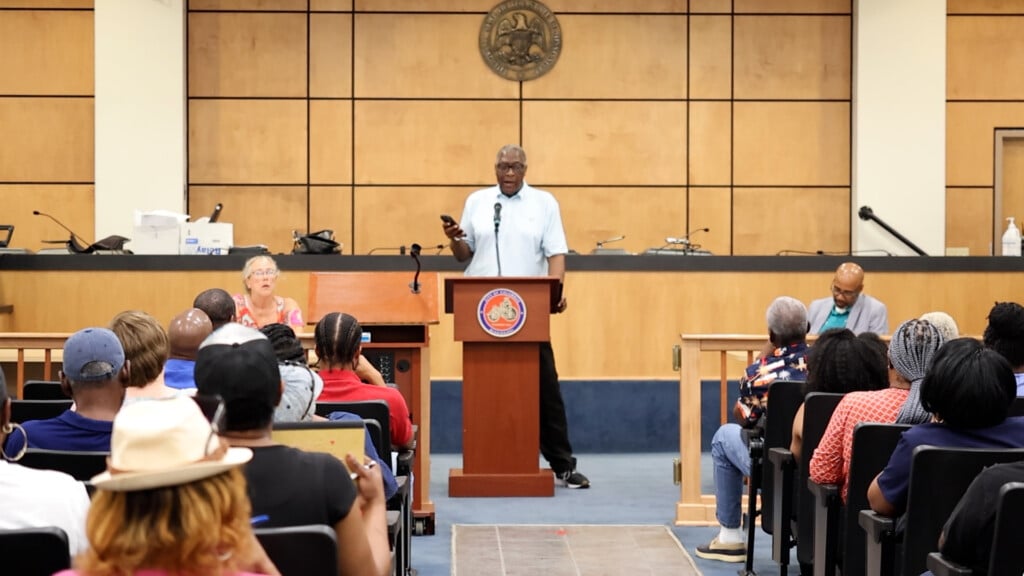Mississippi has its own version of Electoral College for electing its governor
COLUMBUS, Miss. (WCBI) -We’re in the middle of a long election season in Mississippi.
Last week’s party primaries were only the first step for candidates seeking office. Some are facing runoffs in two weeks.
One of the most highly anticipated races is the governor’s race.
However, in that race, even the general election may not be the deciding vote.
Republican candidates Tate Reeves and Bill Waller Jr., along with Democratic candidate Jim Hood, are all vying to win the seat.
When it comes to the gubernatorial election, the Magnolia State has its own version of the electoral college.
According to the Mississippi Constitution of 1890, if a candidate wins the popular vote but doesn’t win a majority of the house district vote, the State House itself chooses a governor.
“To win the governor’s race in Mississippi, according to the 1890 Constitution, you have to get the majority of the popular vote as well as the majority of the electoral districts which corresponds to the House of Representatives seats in the state,” said Chuck Yarborough, a history instructor at the Mississippi School of Mathematics and Science.
The state has been operating under these guidelines for more than 100 years.
“The 1890 constitution did solidify Jim Crow traditions and other statutes and made them permanently part of the Mississippi Constitution,” said Yarborough.
The history instructor said the constitution was put in place due to the racial makeup of the state.
“During that time period there were a lot of constitutional provisions in the 1890 Constitution which were clearly intended to limit African-American voter participation,” Yarborough explained. “Prior to the 1890 Constitution, about 80% of eligible African-American voters in Mississippi were registered to vote. After the 1890 constitution’s restrictions, that percentage dropped below 10% and it stayed below 10% until after the Voting Rights Act of 1965.”
Theoretically, Yarborough said the constitution would only play a big role if the governor’s race is close.
However, he does admit, the constitution leaves a lot of power in the hands of legislators.
“It’s a little bit unusual that it doesn’t correspond to the popular vote solely,” the history instructor said. “In the case that there was a tie in the electoral districts, it goes to the legislature to determine the winner. Theoretically, the legislature could tip the scale to whomever they chose at that point.”
This rule came into playback in 1999.
Democratic candidate Ronnie Musgrove received roughly 49% of the popular vote, while Republican candidate Michael Parker received nearly 48% of the vote.
Both candidates evenly split the house districts.
As a result, the legislators gave the nod to Musgrove since he had more statewide votes than his opponent.
The State Constitution of 1890 is still in effect in Mississippi.
A lawsuit has now been filed by three African-American residents challenging this rule in an effort to keep the state from using it during the 2019 elections.





Leave a Reply